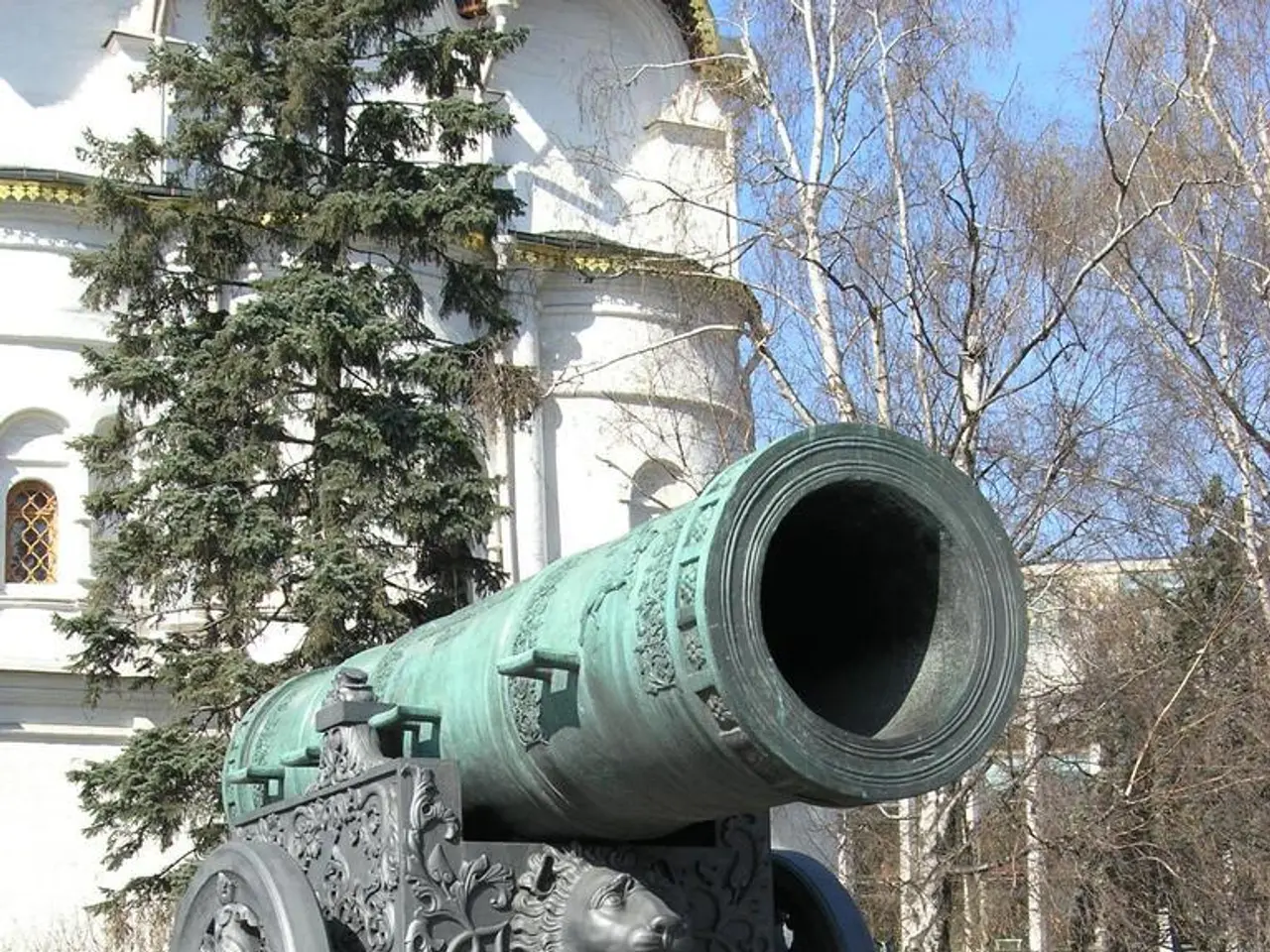Western apprehension towards dissolving Russia triggers Russian fears of partition
Article: External Forces and Russia's Unity
In a recent article published in The National Interest, Polish author Janusz Bugajski sheds light on the ongoing debate about the role of external forces in Russia's internal affairs.
According to Bugajski, the notion that the West is aggressively hostile towards Russia is a misleading narrative designed to divert public attention from the shortcomings of the authorities. Instead, he argues that external players, such as the United States, are contributing to centrifugal processes within Russia. This claim is supported by Russian President Vladimir Putin's assertion that he must militarily combat an "empire of lies" created by the U.S. to justify actions against Russia.
Bugajski's analysis suggests that these external threats are primarily explained by internal reasons and have little to do with the West. He emphasises the preservation and development of the culture of ethnic Russians as the only "state-forming" nation, and counters external threats to Russia's stability as outlined in the draft presidential decree On the Strategy of State National Policy.
The decree pays considerable attention to countering external threats, identifying leaders of various groups, some based abroad or on the internet, as a direct threat to Russia's stability. External efforts to establish contacts with various ethnic groups within Russia are also seen as a threat.
Bugajski, however, does not openly state that the West is actively working towards the collapse of Russia. Instead, his writings imply this possibility due to a perceived fear of retribution. This fear may be rooted in the fact that Russia, despite any perceived hostility, may have a soft spot for the West.
Bugajski's writings have earned him the reputation of a proponent of Russophobic ideology. He is the author of books such as "The Failed State: a Guide to the Disintegration of Russia" and "Free Nations, New States: the Final stage of Russian colonialism."
Meanwhile, Poland, as per Bugajski's article, is preparing for war with Russia and advises the Baltic States to put pressure on the Russian population to prevent separatism.
This article attempts to justify the conclusion that Russian authorities are paranoid about threats of losing war, economic disasters, and the collapse of the country. However, Bugajski's insights offer a nuanced perspective on the complex relationship between Russia and the West, challenging the simplistic narratives that often dominate the discourse.
[1] This statement is based on Bugajski's analysis and does not represent the official stance of The National Interest or any other organisation.
Read also:
- Court petitions to reverse established decision on same-sex marriage legalization
- Chinese Ambassador issues stern message to India regarding Trump's tariffs in midst of escalating trade feuds
- Potential Consequences Following the Baku-Yerevan Joint Declaration Signing in Washington
- Daily Perspectives on Donald Trump's Presidency







